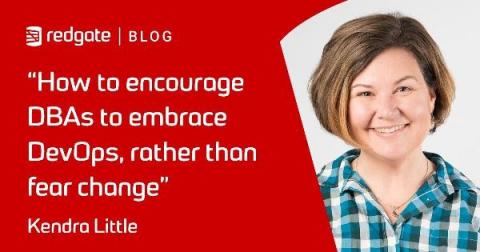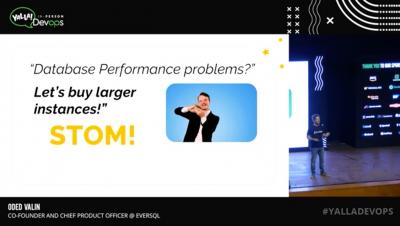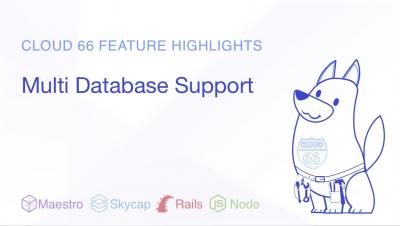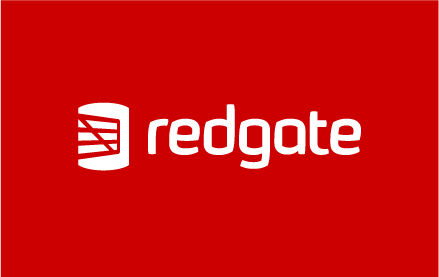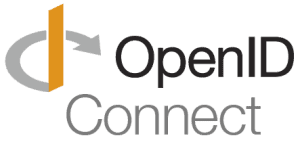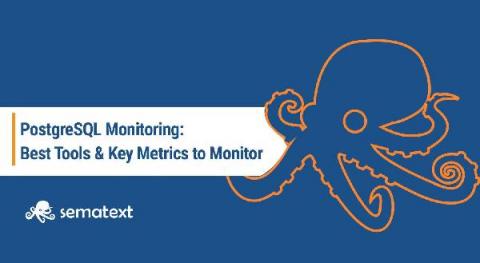Operations | Monitoring | ITSM | DevOps | Cloud
Databases
The latest News and Information on Databases and related technologies.
After analyzing 600,000 SQL queries, these are the top mistakes developers make - Oded Valin
Cloud 66 Feature Highlight: Multi Database Support
Choosing the Right Storage for SQL Server
Why Would You Pay for Flyway?
Data cataloging: A giraffe's eye view
Overcoming SQL Server Blocking and Locking Challenges
Enabling Single Sign-On with SQL Monitor
Self-hosting vs Managed Services: Deciding how to host your database
Like all good things in infrastructure, picking whether or not to self-host your database is full of trade-offs. On the one hand, you have the absolute freedom to do whatever it is you want with your database - whether it's adding a useful Postgres extension, or experimenting with new technologies. On the other hand, you now have to dedicate resources to keeping your database reliably online.
PostgreSQL Monitoring: The Best Tools and Key Metrics to Help Improve Database Performance
PostgreSQL is a popular open-source, object-relational database. As with any other data storage solution, capturing metrics is crucial for making sure your database is reliable, available, and performing optimally. This will help you dig deeper into database performance problems, do performance tuning, optimize queries and indexes, and make partitioning decisions. But that’s not all. You’ll also be able to set up alerts and plan for failures or upgrades.


